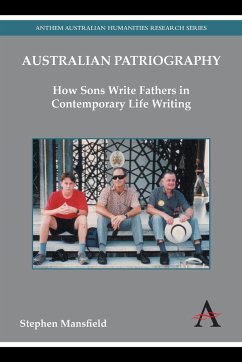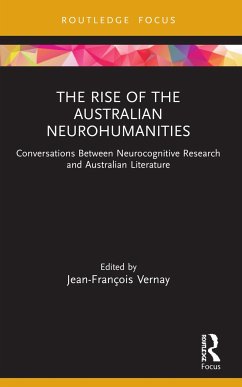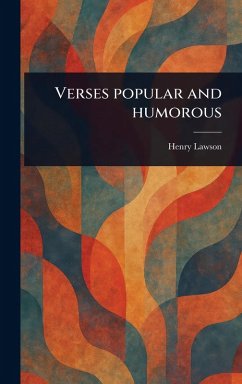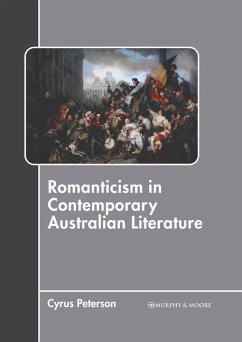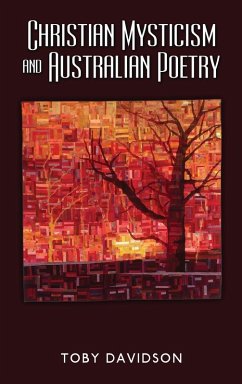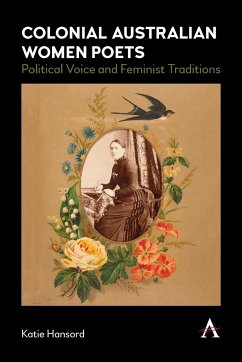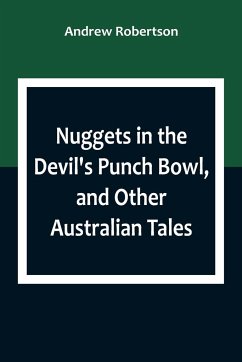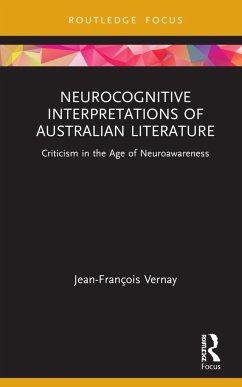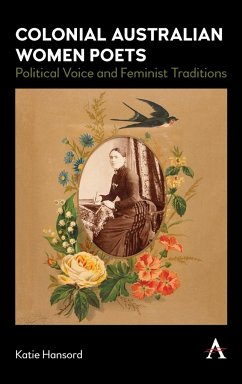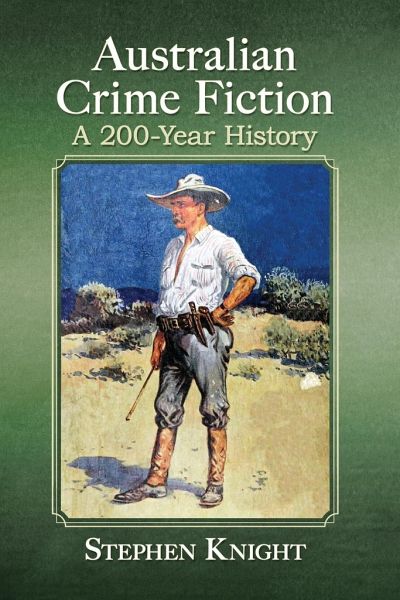
Australian Crime Fiction
A 200-Year History
Versandkostenfrei!
Versandfertig in 1-2 Wochen
55,99 €
inkl. MwSt.

PAYBACK Punkte
28 °P sammeln!
Australian crime fiction has grown from the country's origins as an 18th-century English prison colony. Early stories focused on escaped convicts becoming heroic bush rangers, or how the system mistreated those who were wrongfully convicted. Later came thrillers about wealthy free settlers and lawless gold-seekers, and urban crime fiction, including Fergus Hume's 1887 international best-seller The Mystery of a Hansom Cab, set in Melbourne. The 1980s saw a surge of private-eye thrillers, popular in a society skeptical of police. Twenty-first century authors have focused on policemen--and increa...
Australian crime fiction has grown from the country's origins as an 18th-century English prison colony. Early stories focused on escaped convicts becoming heroic bush rangers, or how the system mistreated those who were wrongfully convicted. Later came thrillers about wealthy free settlers and lawless gold-seekers, and urban crime fiction, including Fergus Hume's 1887 international best-seller The Mystery of a Hansom Cab, set in Melbourne. The 1980s saw a surge of private-eye thrillers, popular in a society skeptical of police. Twenty-first century authors have focused on policemen--and increasingly policewomen--and finally indigenous crime narratives. The author explores in detail this rich but little known national subgenre.





